Physical Address
304 North Cardinal St.
Dorchester Center, MA 02124
Physical Address
304 North Cardinal St.
Dorchester Center, MA 02124
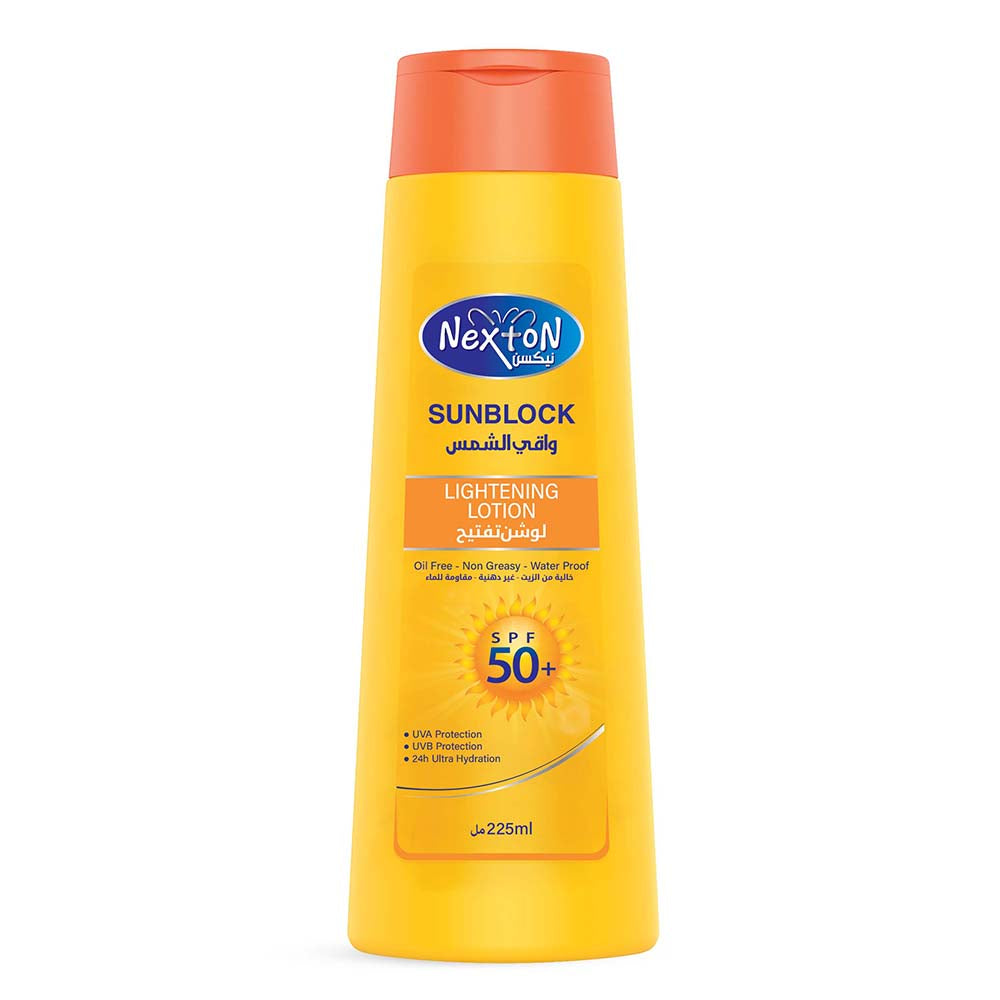
As the days grow longer and temperatures rise, people are increasingly drawn to the outdoors. Whether you’re heading to the beach, going for a hike, or simply enjoying your backyard, protecting your skin from the sun is essential. Among the most common methods of protection are sunscreen vs. sunblock. While often used interchangeably, these two products have distinct differences that can affect their effectiveness. Choosing the right option for your skin type can make a significant difference in how well you are protected from harmful UV rays. This article will dissect the differences between sunscreen vs. sunblock, discuss their benefits, and offer guidance on selecting the best product for your individual skin needs.
Before diving into the nuances of sunscreen vs. sunblock, it’s important to understand the threat posed by ultraviolet (UV) radiation. The sun emits different types of UV rays, primarily UVA and UVB. UVA rays penetrate deep into the skin, contributing to premature aging and the formation of wrinkles. They can also lead to skin cancer over time. In contrast, UVB rays primarily affect the surface of the skin, causing sunburn and playing a significant role in developing skin cancer.
Both types of UV rays are harmful and can lead to serious health issues, including skin cancer. Therefore, protecting your skin from these rays is crucial, regardless of your activities outdoors. Whether you choose sunscreen or sunblock, understanding UV radiation is the first step in effective sun protection.
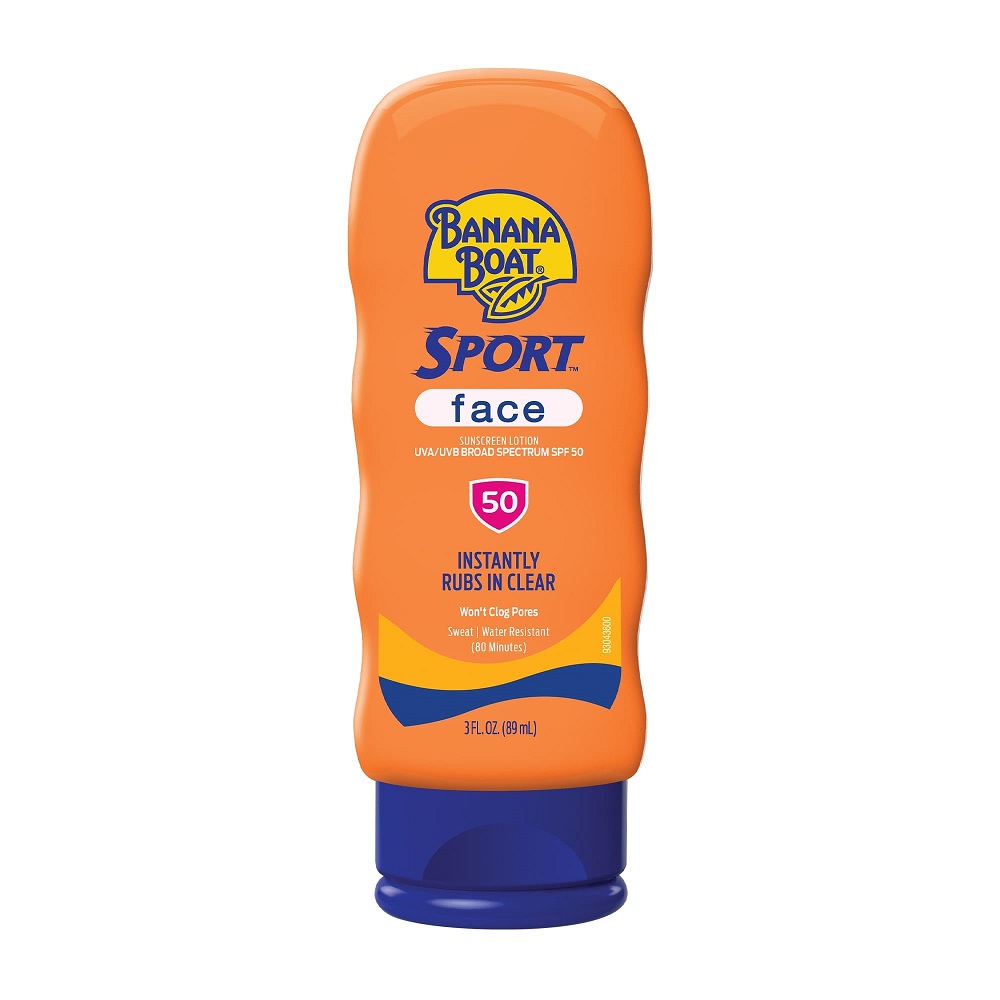
Sunscreen is a topical product that absorbs, reflects, or scatters sunlight to prevent it from penetrating the skin. Most sunscreen formulations contain chemical compounds that work by absorbing UV radiation and preventing it from causing skin damage. Common ingredients in sunscreens include avobenzone, octisalate, and octocrylene. These ingredients are effective at blocking UV rays and are often lighter in texture, making them easy to apply and blend into the skin.
Sunscreen offers several advantages, particularly for individuals seeking a lightweight solution for sun protection. Due to its formulations, many sunscreens are sheer and can be easily applied without leaving a heavy film on the skin. This makes them suitable for daily wear, especially under makeup.
Another benefit of sunscreen is its easy application. Many come in spray or lotion forms, allowing for quick and convenient use. Regularly applying sunscreen can help prevent sunburn, premature aging, and skin damage caused by prolonged sun exposure. Moreover, since sunscreens tend to be more water-resistant, they are ideal for activities that involve sweating or swimming.
Sunscreen is suitable for many skin types but is particularly beneficial for individuals with oily or combination skin. Its lightweight formulation does not clog pores or contribute to acne, making it a favorite among those with acne-prone complexions. People looking for everyday protection also find sunscreen ideal due to its versatility and comfort.
For those who prefer a more natural look or those who spend significant time indoors, sunscreen can be a great choice. Lightweight sunscreens can be easily reapplied throughout the day, ensuring that skin remains protected from incidental exposure while maintaining a fresh feel.
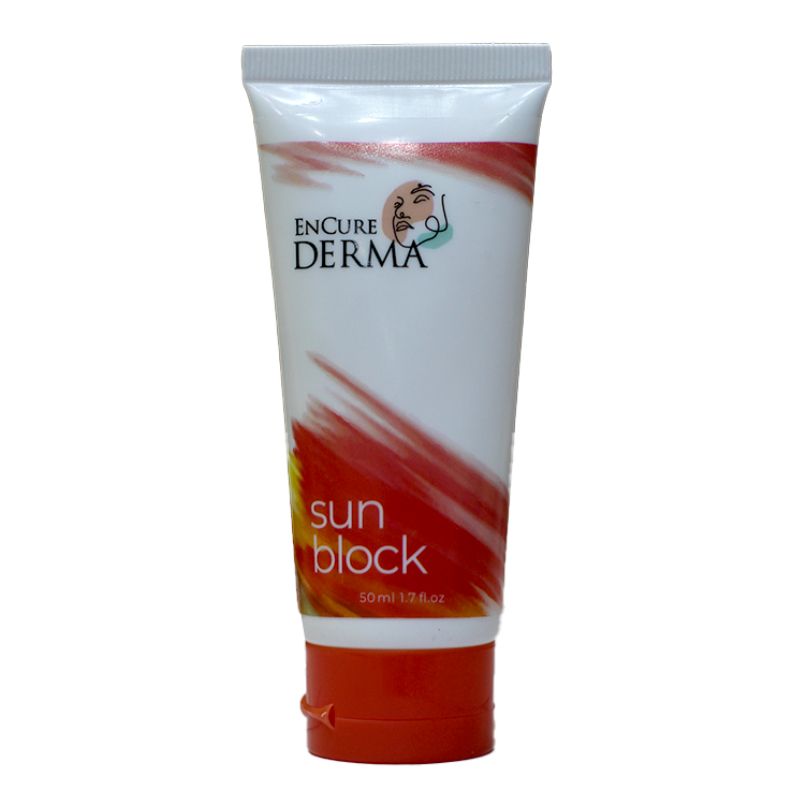
Sunblock, on the other hand, is formulated using physical ingredients that sit on top of the skin and act as a barrier against UV rays. Common ingredients in sunblocks are zinc oxide and titanium dioxide. These compounds reflect UV radiation away from the skin, providing a broad spectrum of protection against both UVA and UVB rays.
The most significant advantage of sunblock is its ability to provide immediate protection. Unlike some sunscreens that need time to be absorbed and activated, sunblock works as soon as it is applied. This makes it an excellent option for those planning to spend time outdoors, as its protective layer does not need to be set.
Sunblock is especially suitable for people with sensitive skin. The minerals used in sunblock are often gentler on the skin and less likely to cause irritation. This quality makes it an ideal choice for children, people with rosacea, or anyone prone to allergic reactions from chemical sunblocks. Additionally, sunblock does not contain synthetic fragrances or preservatives, reducing the risk of adverse reactions.
Sunblock is particularly beneficial for those with fair or sensitive skin. Individuals at higher risk of sunburns and skin damage can benefit from the strong protective barrier that physical sunblocks provide. Those spending extended periods outdoors, such as athletes or outdoor laborers, will find sunblock an effective option when combined with frequent reapplication.
Because sunblock reflects UV rays rather than absorbing them, it tends to leave a white or opaque residue on the skin. While some may find this aesthetic less appealing, newer formulations often include tinted options or sheer finishes to mitigate this effect, making them more visually acceptable for everyday wear.
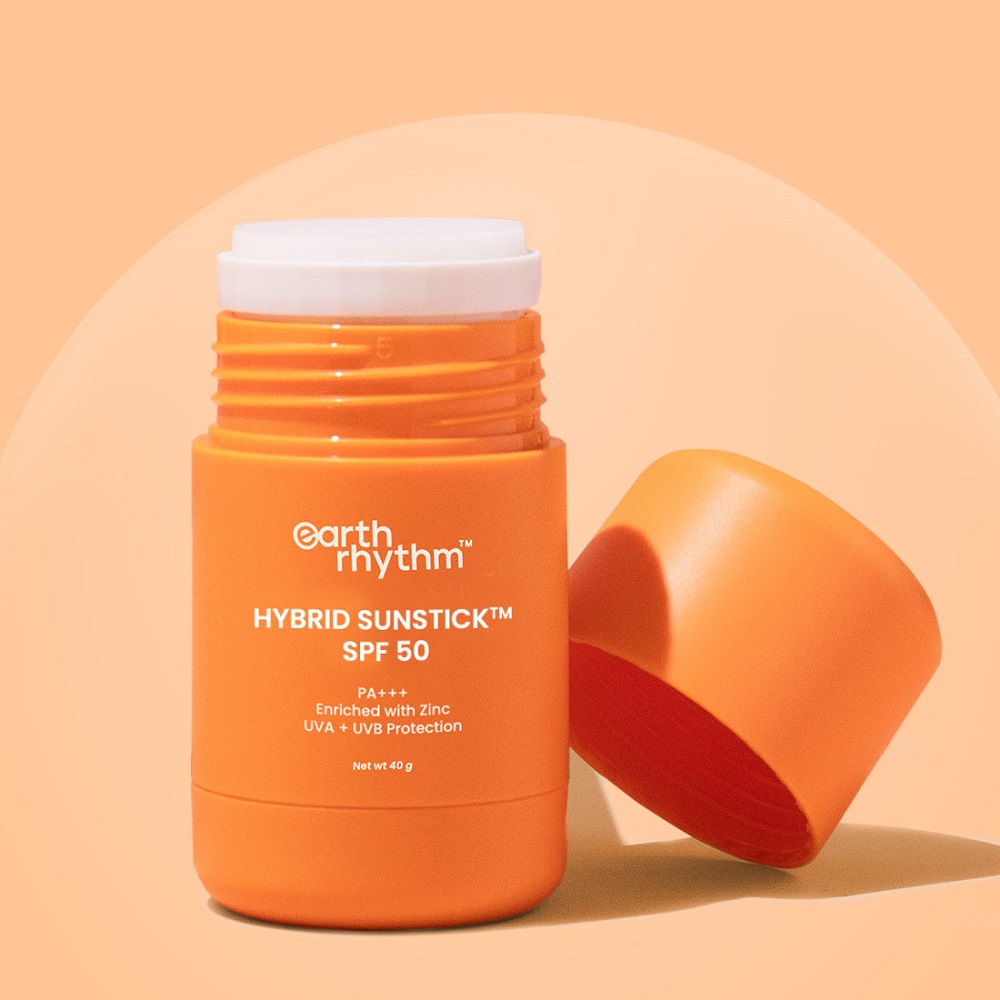
When deciding between sunscreen vs. sunblock, it is essential to consider your individual skin type and activities. Both products offer effective protection from UV rays, but their formulations cater to varying needs.
If you have oily or acne-prone skin, sunscreen may be a better fit for you. Its lightweight texture can help prevent clogged pores while offering effective protection against UV rays. Conversely, if you have sensitive or reactive skin, sunblock might be the safest option. Its mineral-based ingredients tend to be gentler and less irritating.
Your lifestyle and specific activities also play a role in determining which product is best for you. If you are planning to swim or engage in high-intensity outdoor sports, water-resistant sunscreen is likely the most effective choice. It will hold up during significant perspiration and exposure to water, ensuring continuous protection. On the other hand, if you are simply going for a walk or running errands, a quick-apply sunblock may suffice and provide reliable protection.
In addition, be mindful of the SPF (Sun Protection Factor) rating. An SPF of at least 30 is generally recommended for everyday use. Higher SPFs provide more protection for extended sun exposure. Assessing your sun exposure level will help you choose the appropriate SPF for your needs.
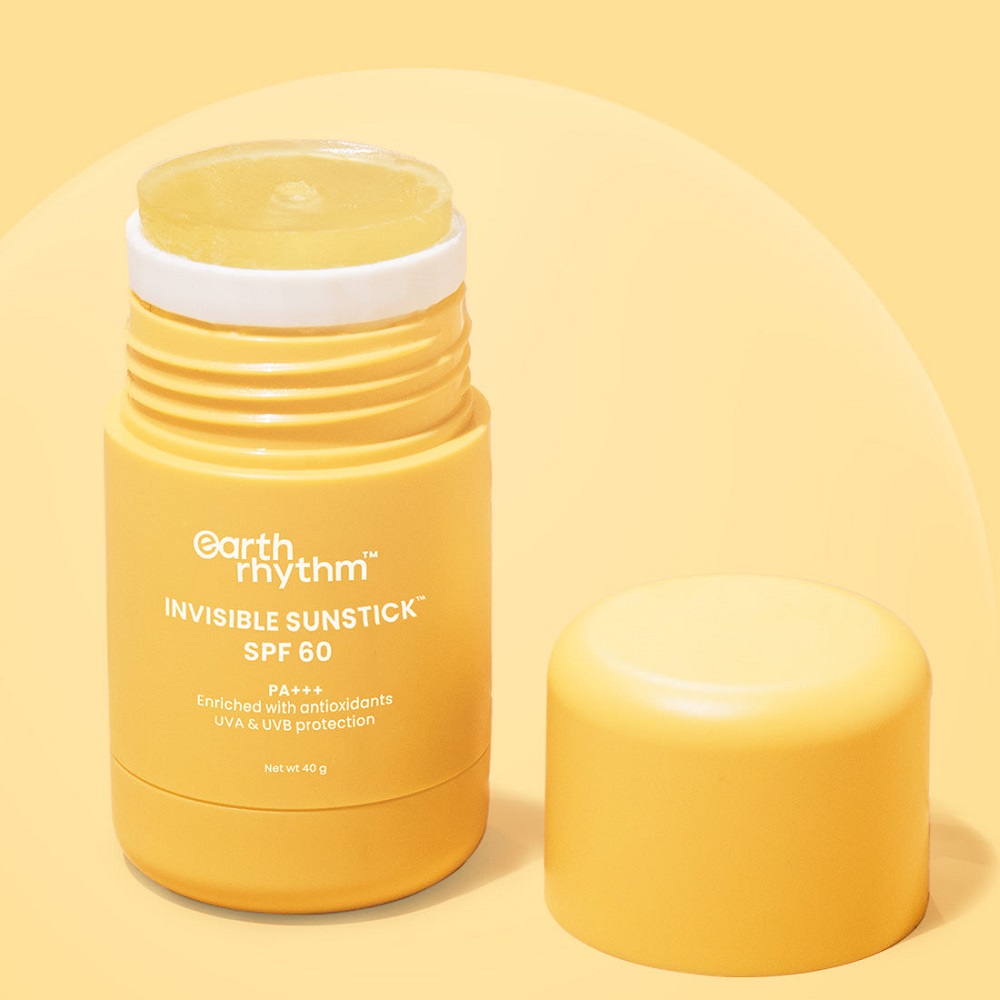
Applying sunscreen vs. sunblock effectively is as crucial as choosing the right product. Proper application can dramatically increase protection against UV rays.
When using sunscreen or sunblock, always apply a generous amount. The standard recommendation is about one ounce, roughly the size of a shot glass, for full-body coverage. Be sure to apply it to all exposed areas, including the face, neck, ears, and the tops of your feet.
Many people underestimate the amount needed, which can lead to inadequate protection. Don’t forget areas often overlooked, such as the scalp (if hair is thin), the back of the knees, and even the inner arms. Ensuring even coverage is vital for maximum effectiveness.
Reapplying sunscreen or sunblock is essential for continued protection. The standard recommendation is to reapply every two hours, or immediately after swimming, sweating, or towel drying. This practice will ensure that your skin remains adequately protected throughout your time spent outdoors.
Use water-resistant products if you plan to be in or near water. This additional level of protection will allow you to enjoy swimming or other water activities without compromising sun safety. Furthermore, consider setting reminders to reapply, especially during extended exposure, so you don’t forget.
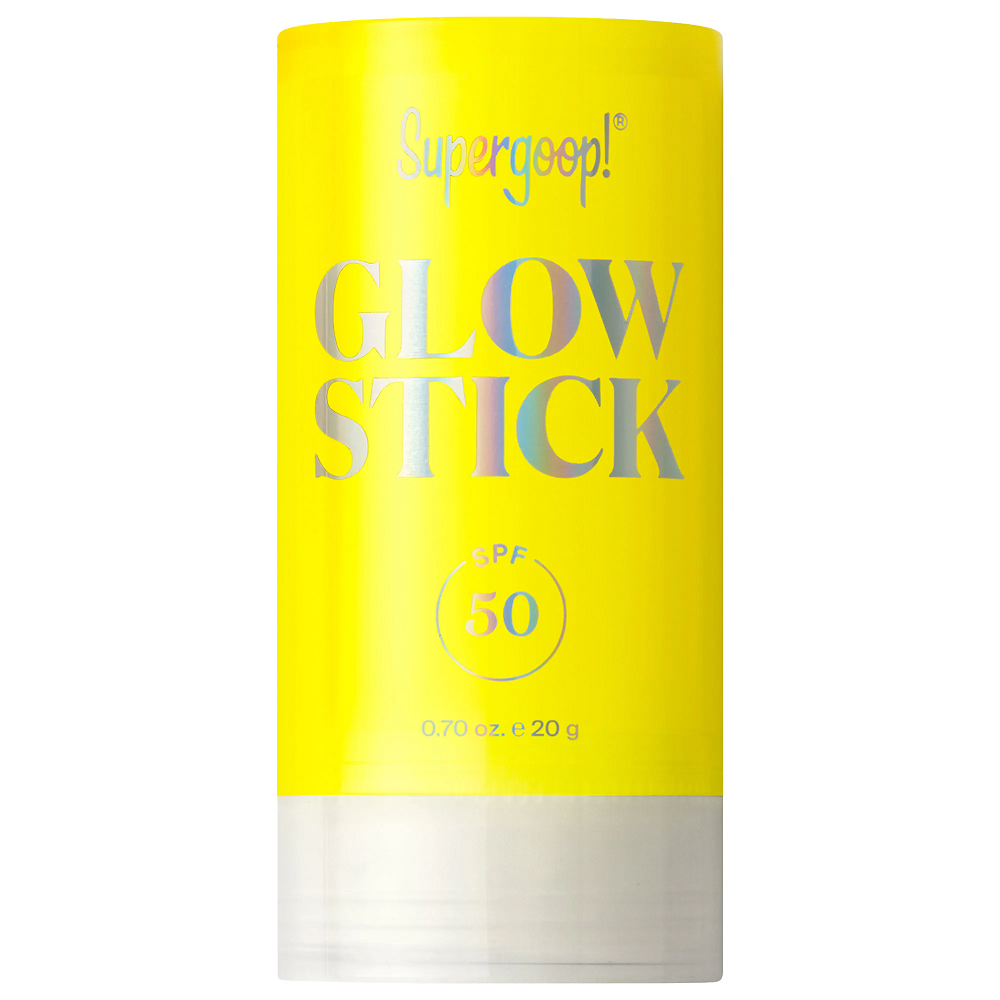
Despite the well-documented benefits of sunscreen vs. sunblock, various myths and misconceptions persist. Debunking these myths can encourage better sun protection practices.
One common misconception is that sunscreen or sunblock is only necessary on sunny days. This belief can be misleading. UV rays can penetrate clouds and still cause skin damage on overcast days.
Even in winter or when indoors, UV rays can reach your skin. Reflected rays off surfaces like snow or water can intensify exposure. Therefore, it’s crucial to wear sunscreen or sunblock regardless of the weather. Incorporating sun protection into your daily routine can significantly reduce the risk of skin issues over time.
Another myth is that higher SPF numbers automatically mean better protection. While it’s true that higher SPFs provide additional protection, they do not offer a significant increase in safety compared to SPF 30.
For example, SPF 30 filters about 97% of UVB rays, while SPF 50 blocks approximately 98%. This difference is minimal, and no sunscreen can provide 100% protection. Instead of relying solely on higher SPFs, focus on applying enough product and reapplying regularly.
In conclusion, both sunscreen vs. sunblock play vital roles in protecting your skin from harmful UV rays. Understanding the differences between these products empowers individuals to make informed choices based on their skin types and lifestyles.
As you consider sun protection options, reflect on your specific needs and activities. If you have sensitive skin, a sunblock with mineral ingredients will be beneficial. Alternatively, those seeking a lightweight option may prefer a well-formulated sunscreen.
Prioritizing regular application and busting common myths will further enhance your sun protection routine. Taking the necessary steps now can help prevent skin damage and complications later in life. with an informed approach, you can confidently enjoy the outdoors while protecting your skin. Ultimately, the choice between sunscreen vs. sunblock comes down to personal preference and needs, but both are essential tools in your skincare arsenal.